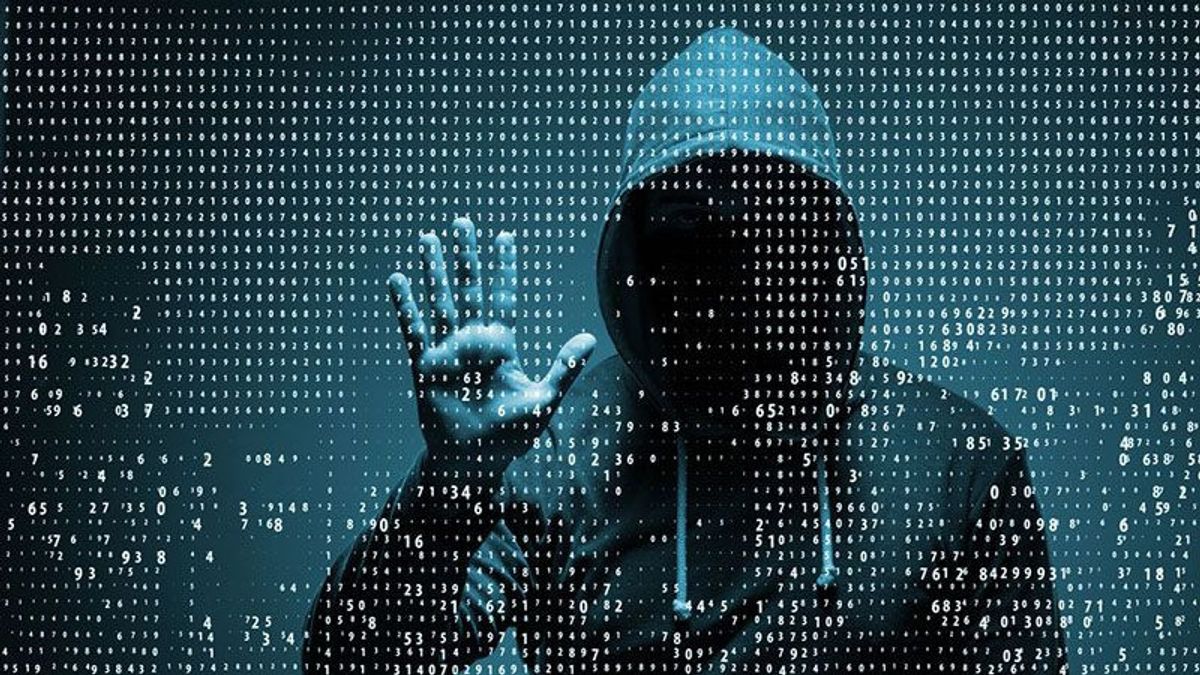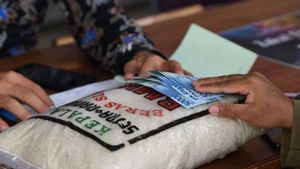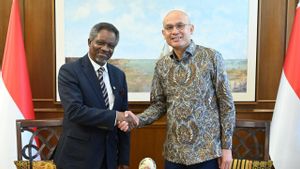JAKARTA - There are at least seven types of digital crimes that are most popular today, namely phishing (regulation), carding (transacting with other people's credit cards), forcing data (copying other people's data). Furthermore, cyber terrorism, SIM swap (taking cell phone number), skimming (bank crime), and ransomware (bad software to steal other people's data).
A person can be trapped in digital crimes for several reasons, such as the use of public WiFi, being tempted by large prizes, often shopping online, or perpetrators using psychological manipulation techniques.
Therefore, Atma Jaya University Communications Lecturer, Yogyakarta Olivia Levi Pramesti, emphasized the importance of digital literacy to ward off crime in the digital space.
"The master of digital literacy so that it is not easy to become a victim of digital crime," Olivia said as quoted by ANTARA, Thursday, November 17.
Olivia considers that digital literacy is important to ward off these cyber crimes. With digital literacy, it will not be easy for someone to share personal data information with others, either directly or on social media.
This literacy is related to the use of technology, thinking critically of all information in the digital space, and social engagement. Digital literacy emphasizes the ability of digital media users to carry out the mediation process of digital media that is carried out productively and responsibly," Olivia said.
He also advised digital users to be observant in the issue of digital traces left out during their activities in cyberspace. Digital traces are divided into two, namely passive traces and active traces.
Passive means that the traces left behind are not realized by the user, such as the user's IP address which can estimate the location. While active traces are data and information that the user intentionally uploads to the internet.
Meanwhile, KPI Study Program Lecturer IAIN Kudus Primi Rohimi reminded digital space users to be aware and know who they are interacting with in cyberspace.
If his identity is still vague, it is necessary to trace information about that person on social media or from a friendship line. He suggested that friendship be made only with people who use real identities.
It should be remembered in order to maintain the privacy of each other. Then, don't just click on the link that is not clear about its origins and it is also not easy to spread or forward the link to other people. It's all for the sake of security," he said.
With the presence of the National Digital Literacy Movement program by the Ministry of Communication and Information, it is hoped that it can encourage people to use the internet smartly, positively, creatively, and productively.
This activity is specifically aimed at communities in the Kalimantan region and its surroundings that aim not only to create intelligent communities, but also to help prepare superior human resources for using the internet positively, critically, and creatively in the industrial era 4.0.
The English, Chinese, Japanese, Arabic, and French versions are automatically generated by the AI. So there may still be inaccuracies in translating, please always see Indonesian as our main language. (system supported by DigitalSiber.id)











